Cats love to explore, but the great outdoors is fraught with risks as well as rewards. But can freedom really justify the danger?
1. Pro: Natural Exercise
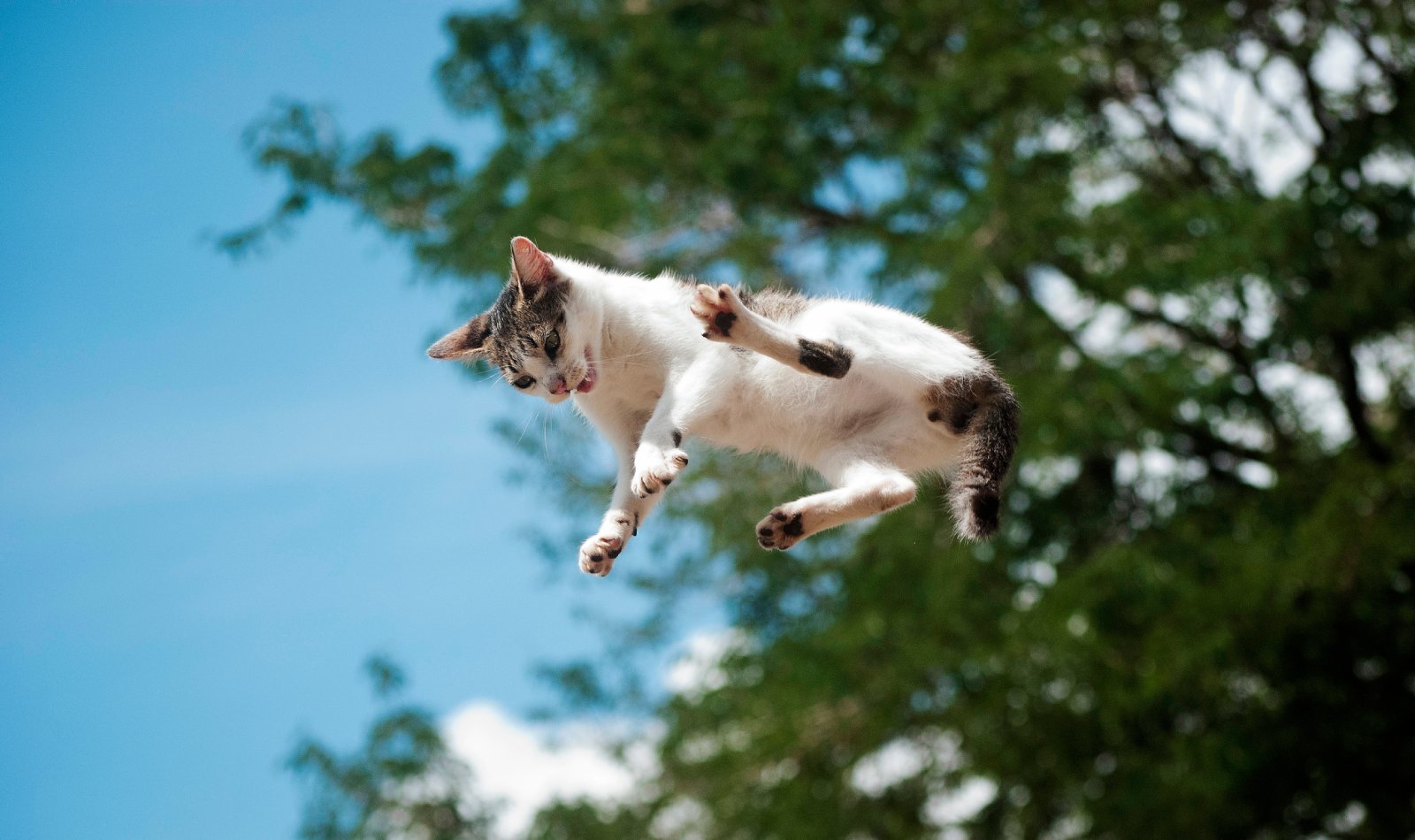
Cats that have access to the outdoors tend to be leaner and healthier thanks to the ample opportunities for climbing, running, and exploring.
2. Con: Traffic Hazards

One of the gravest dangers for outdoor cats in the UK is traffic. Each year, thousands of cats are hit by cars, often resulting in fatal injuries.
3. Pro: Mental Stimulation
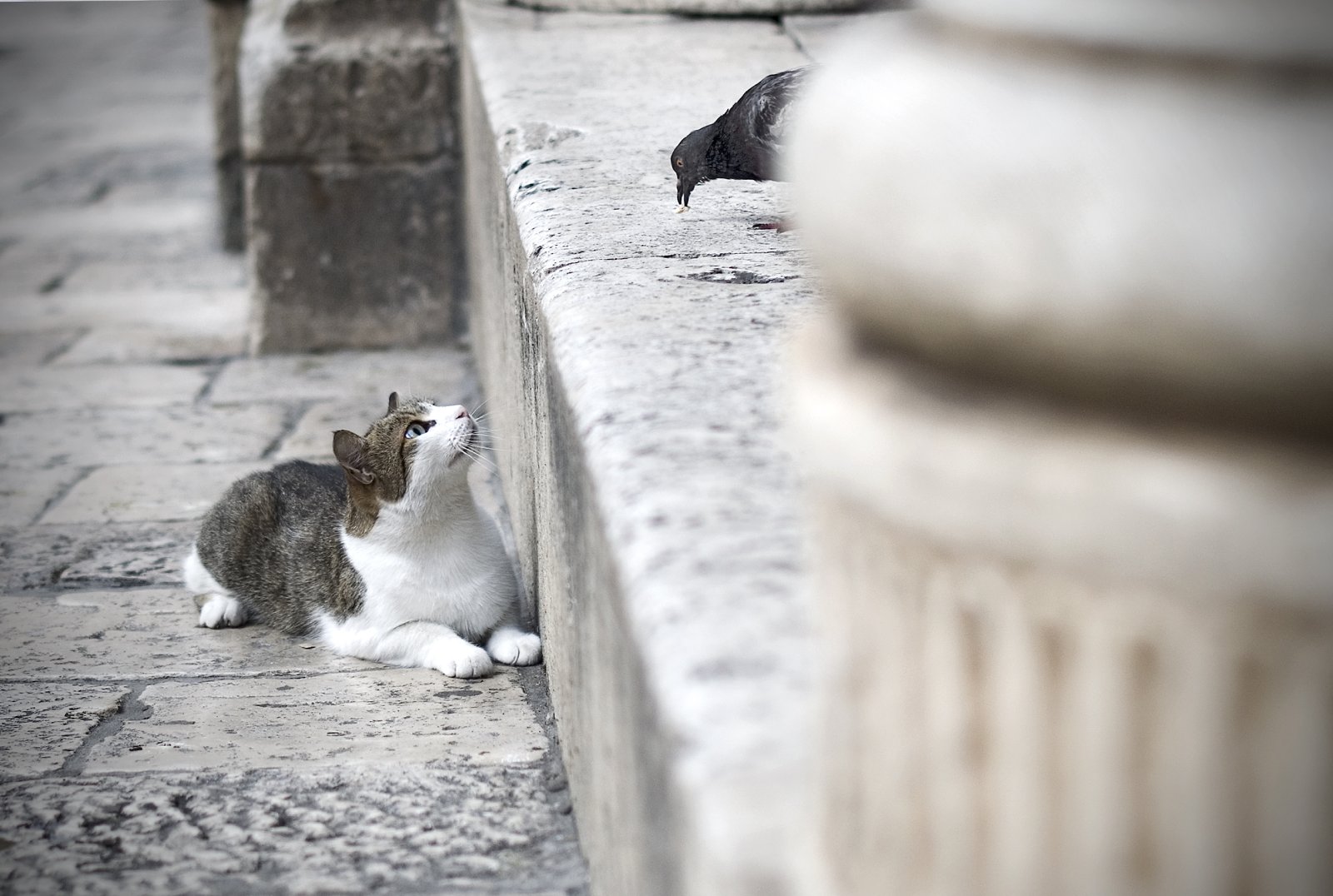
The outdoor world is rich with stimuli: birds, bugs, and the rustling of leaves. All these help keep a cat’s hunting instincts finely tuned.
4. Con: Risk of Poisoning
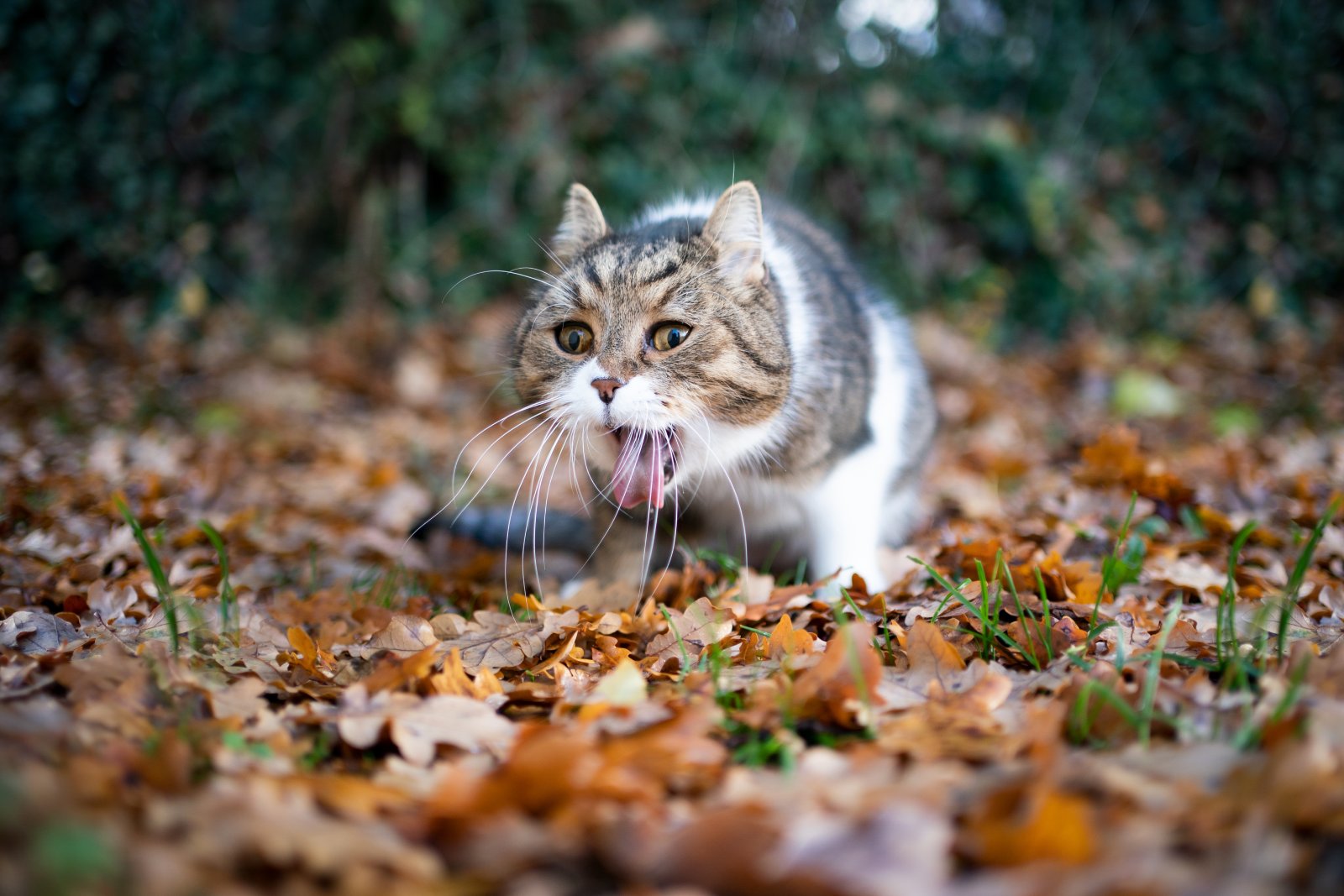
Outside, cats face numerous poisoning risks, from consuming toxic plants to exposure to chemical pesticides that can be lethal.
5. Pro: Natural Hunting Behaviours

Chasing and catching wildlife lets cats exercise their natural hunting instincts, providing physical exercise and mental satisfaction.
6. Con: Exposure to Disease
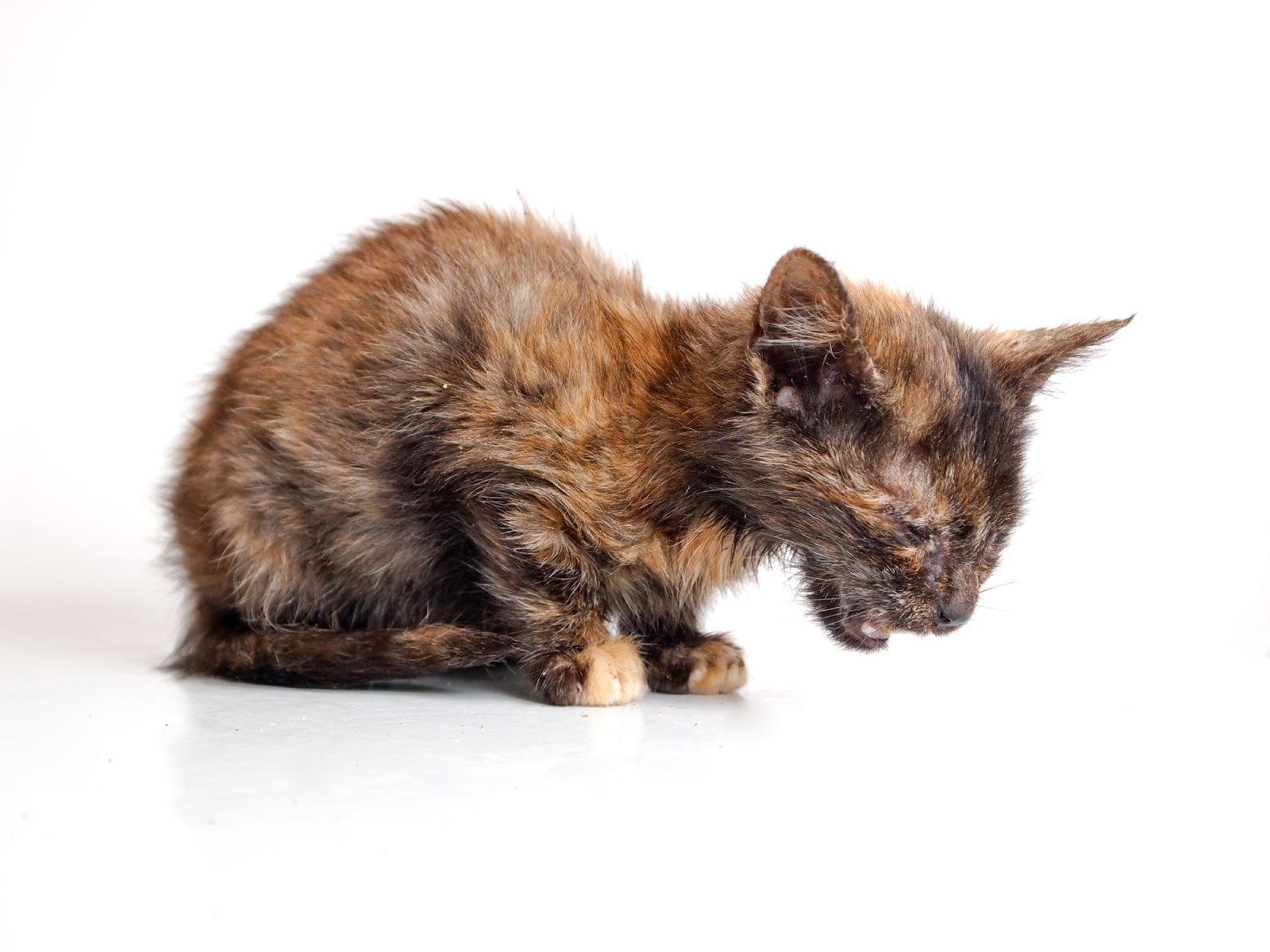
Contact with other animals outdoors can expose cats to diseases such as FIV and FeLV, which can be difficult and costly to treat.
7. Pro: Reduced Boredom
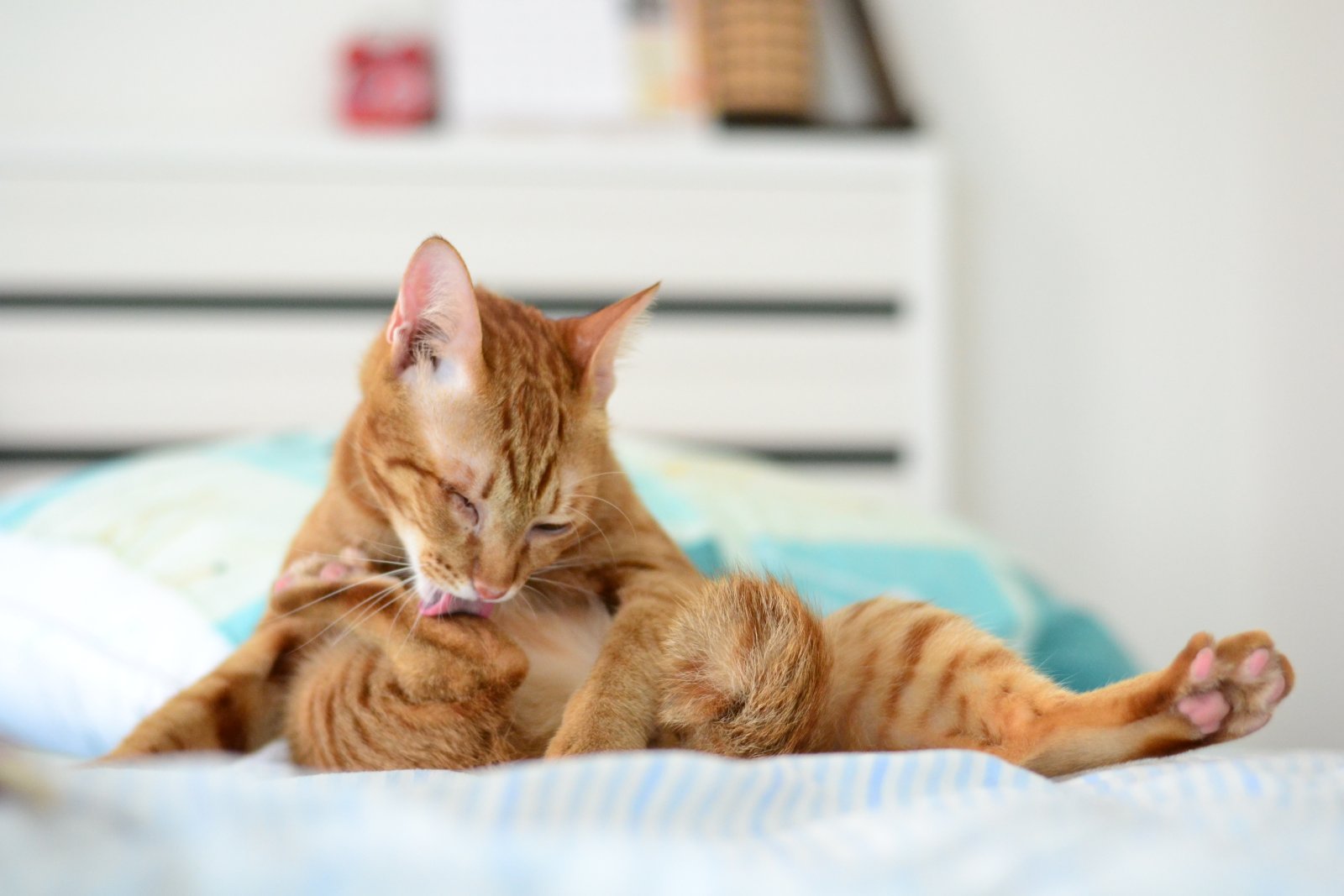
Cats that spend time outdoors display fewer signs of boredom and stress, such as inappropriate scratching or aggression.
8. Con: Animal Fights
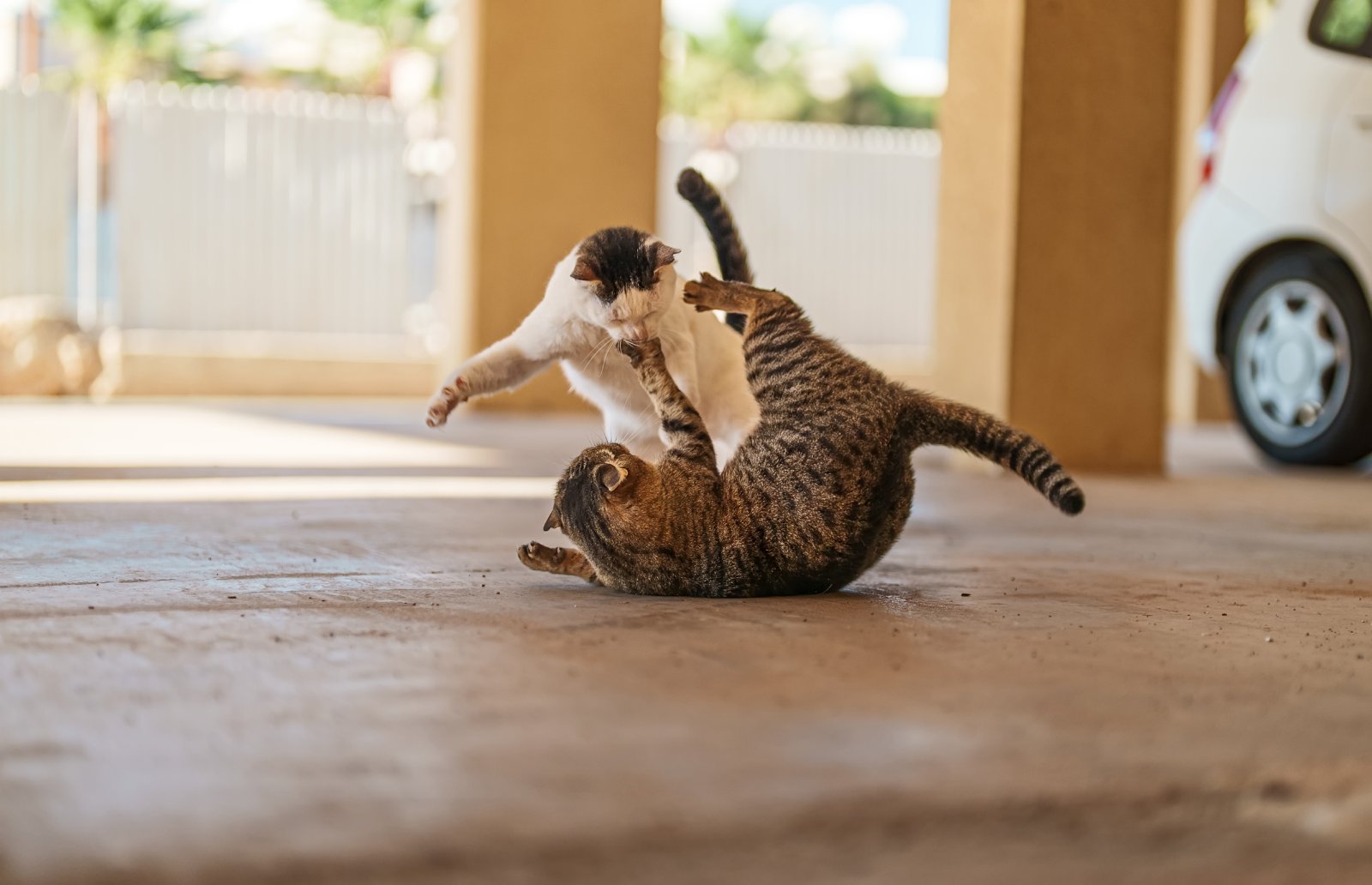
Outdoor cats often come into conflict with other cats, leading to injuries from fights which can result in costly vet bills.
9. Pro: Independence
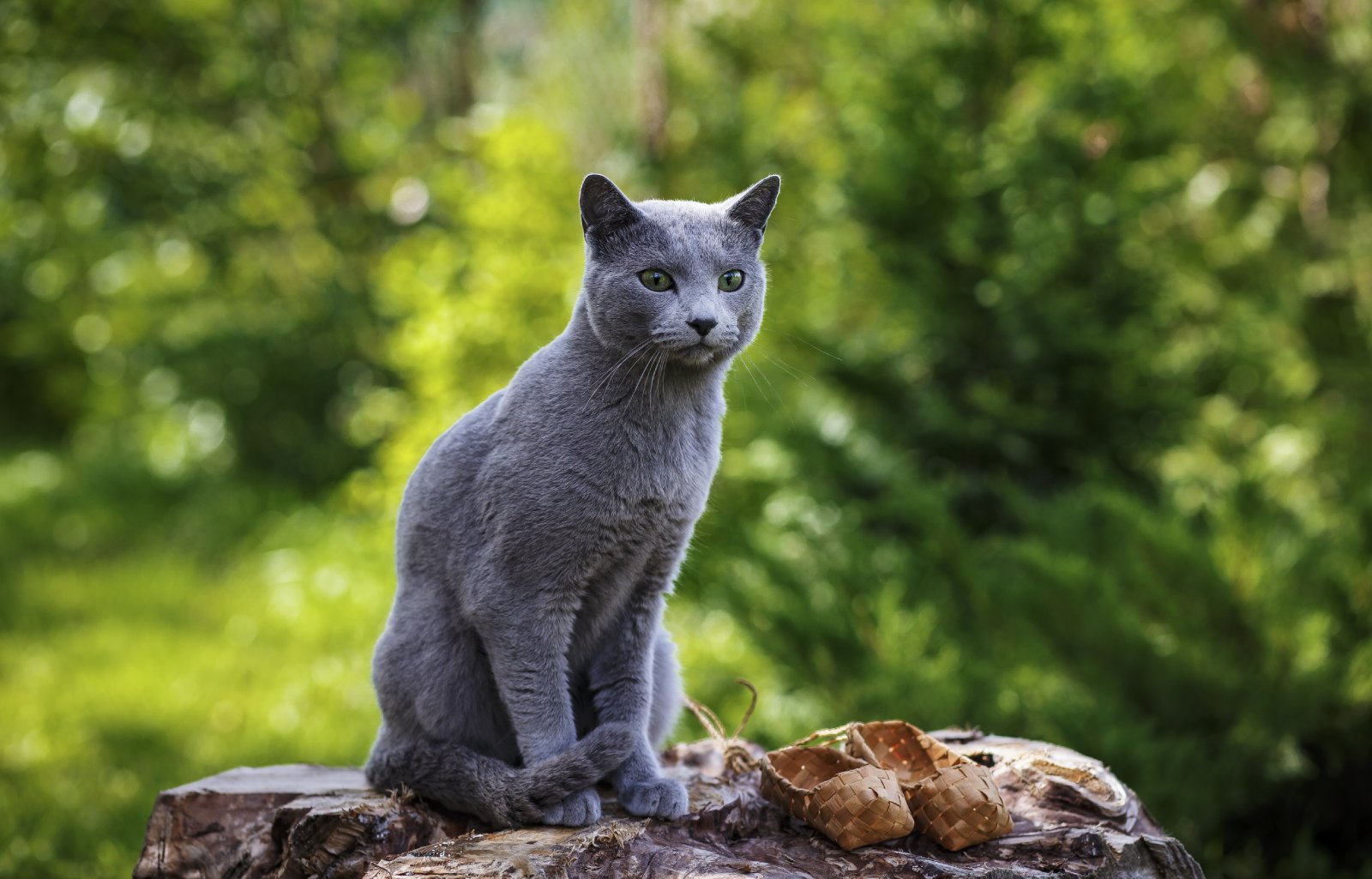
Many cats cherish their independence; outdoor access allows them to roam, explore, and return at their leisure.
10. Con: Fleas and Ticks

Outdoor cats are more likely to pick up parasites like fleas and ticks, which can be a nuisance to treat and control.
11. Pro: Sunbathing
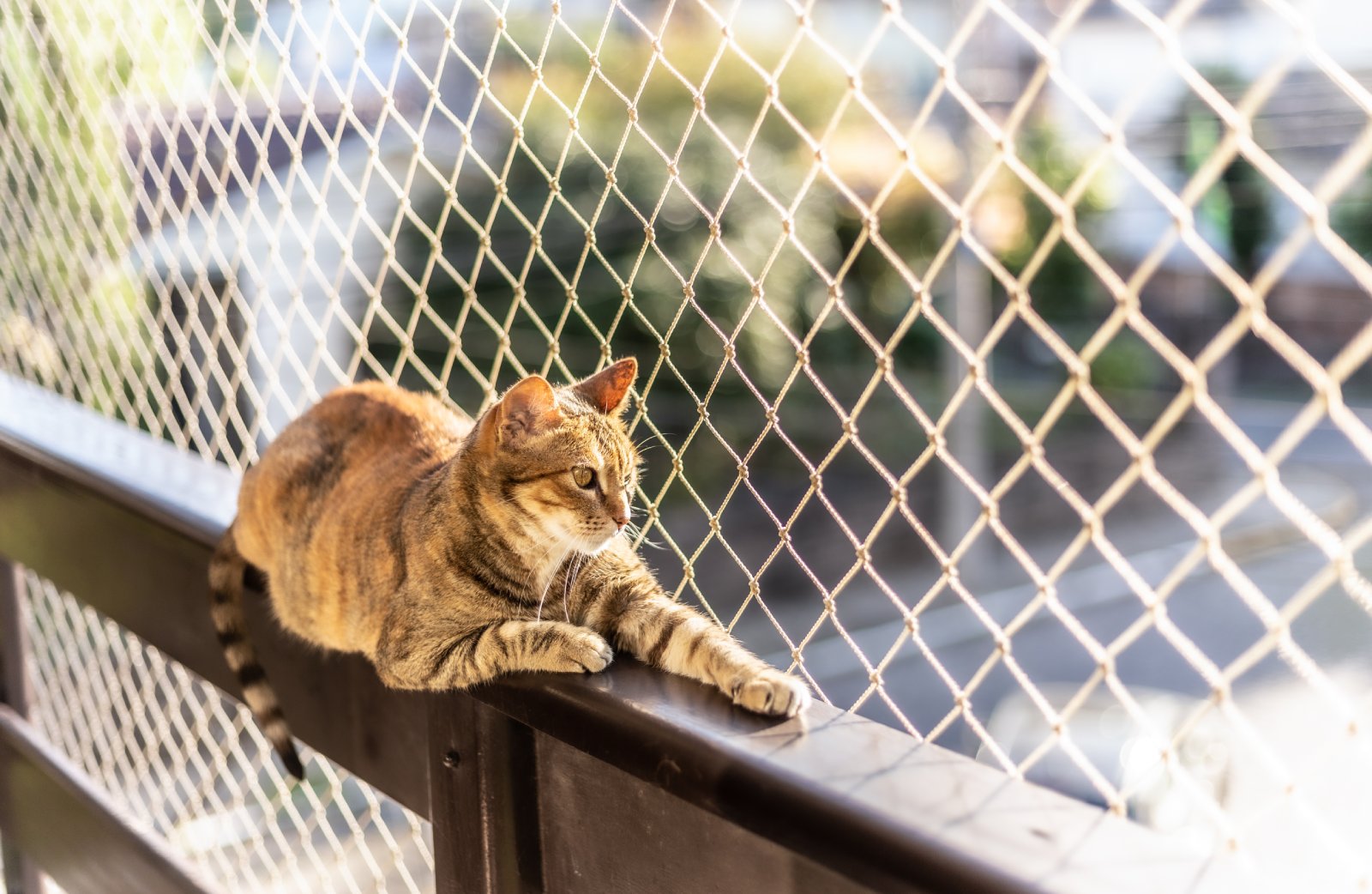
Cats love to lounge in the sun, and the outdoors provides ample sunshine for them to absorb essential vitamins.
12. Con: Risk of Theft or Loss
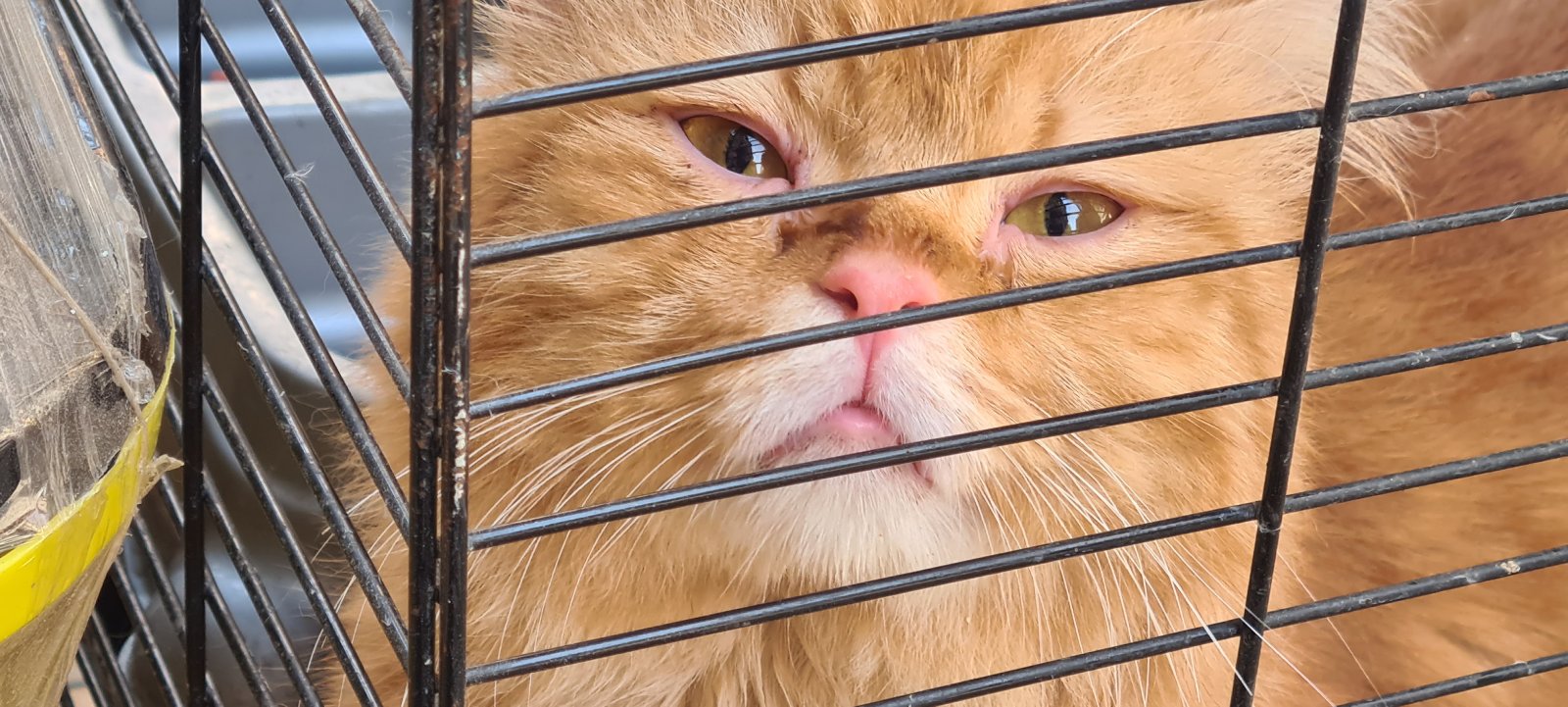
Allowing your cat outdoors increases the risk of them being stolen or getting lost, especially if they are of a particularly attractive or rare breed.
13. Pro: Less Litter Box Use
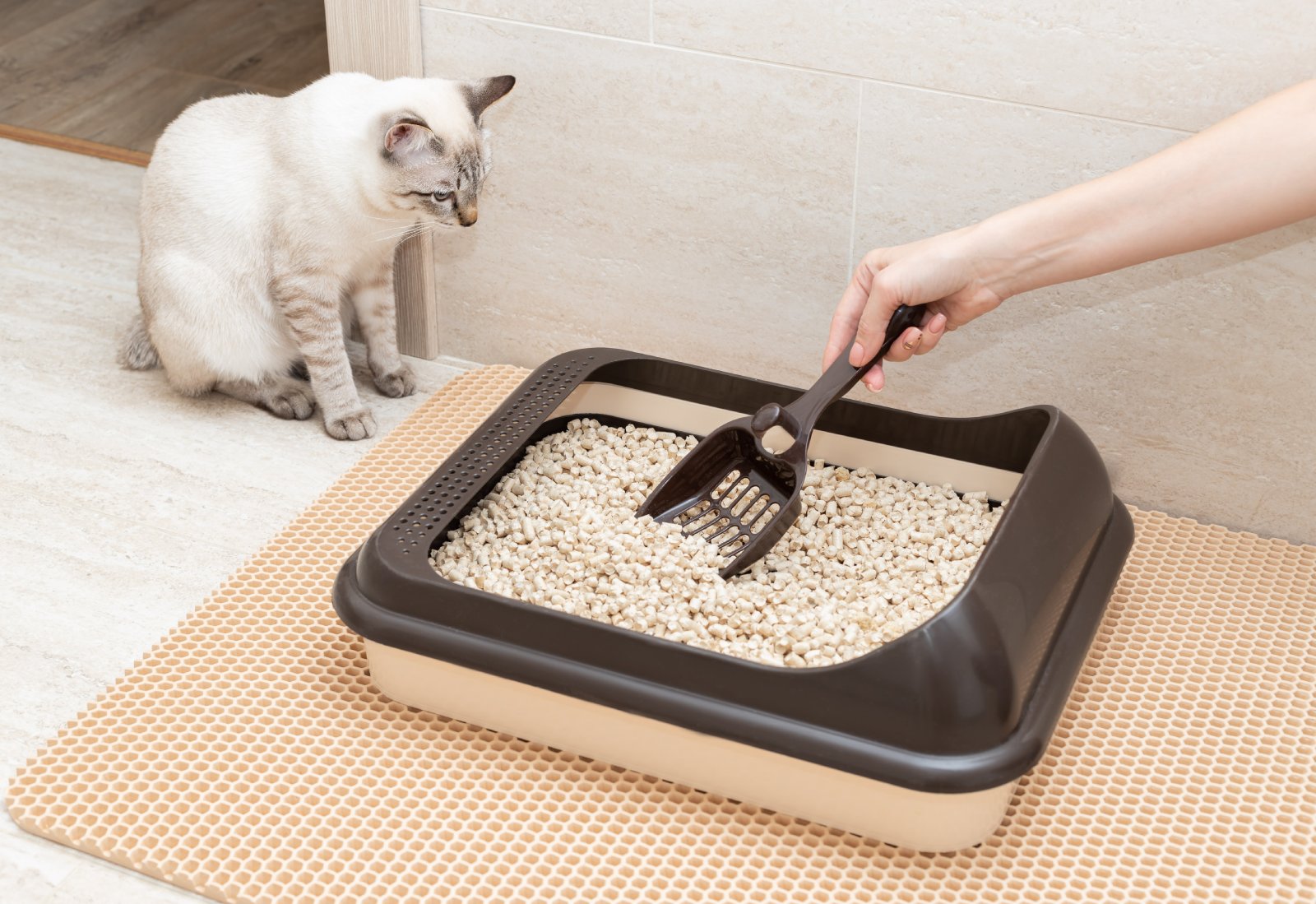
With outdoor access, cats often choose to do their business outside, reducing litter box odours and maintenance inside the home.
14. Con: Environmental Impact

Outdoor cats are known to have a significant impact on local wildlife, particularly bird populations, through their hunting activities.
15. Pro: Longer Life Span (with Caution)

Though indoor cats typically live longer due to fewer physical risks, some argue that the enriched environment outdoors can lead to a more satisfying life.
The Great Outdoors Debate

Is the call of the wild worth the peril? While the freedom of outdoor life can make for a happier, healthier cat, it’s not without significant risks. As a responsible pet owner, weighing these factors carefully will help you decide the best lifestyle for your feline friend.
Featured Image Credit: Pexel / Pixabay.
For transparency, this content was partly developed with AI assistance and carefully curated by an experienced editor to be informative and ensure accuracy.

